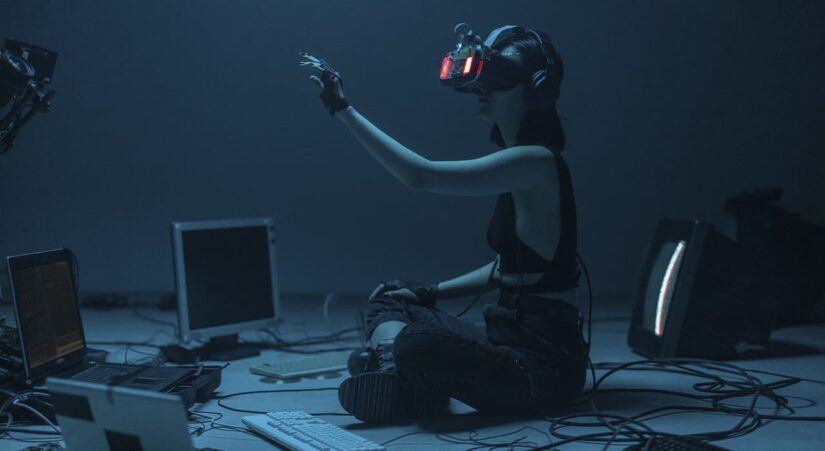Sociologist James Hughes argues that biopolitics is emerging as a fundamental new dimension of political opinion. According to Hughes, biopolitics merges with the more familiar dimensions of cultural and economic politics to form a space of public attitudes. In Citizen Cyborg (2004), Hughes puts forward the concept of “democratic transhumanism,” which juxtaposes transhumanist biopolitics with social-democratic economics and liberal cultural politics. He argues that we will achieve the best posthuman future when we can ensure that technology is safe and accessible to all, and when we can respect people’s right to control their own bodies.
In principle, transhumanism can be combined with a wide range of political and cultural views. One combination that is not often seen is the association of transhumanism with a cultural conservative viewpoint. Whether this is the cause of the intractable tension between transhumanism and cultural conservatism remains unclear. On the other hand, this combination may have arisen because no one has yet seriously attempted to develop such a position. One can imagine how new technologies could be used to reinforce the values of cultural conservatism. For example, a pharmaceutical drug that promotes long-term couple planning could help protect the traditional family. Developing ways to harness our growing technological power to help people become aware of universal cultural or spiritual values in their lives seems to be a genuine initiative.
However, cultural conservatives have gravitated toward bioconservatism, which opposes the use of technology to enhance human potential or modify different aspects of our biological nature. People with a penchant for bioconservatism come from groups that traditionally have little in common with each other. Right-wing religious conservatives, left-wing environmentalists, and anti-globalists have found common ground, for example, in their opposition to human genetic modification.
The pathways of modern bioconservatism can be traced back to a variety of sources. These include ancient notions of taboo, the Greek notion of hubris, the romantic view of nature, religious interpretations of the concept of human dignity and the divine natural order, the Luddite movement against industrialization, Karl Marx’s analysis of technology under capitalism, Continental philosophers’ critique of technology, technocracy and rationalist thinking, opponents of the military industrial complex and transnational corporations, finally opponents of the consumer rat race.
There is a common ground between bioconservatives and transhumanists: they agree that killing and enslaving humans by posthumans or vice versa would be a moral atrocity and a crime. But transhumanists deny that this is a consequence of gene therapy to enhance health, memory, longevity, or other similar features in the human body. If we are developing the possibility of creating some kind of creature that could potentially destroy the human race, a kind of super-intelligent machine, then we might indeed consider it a crime against humanity if we proceed with development without a careful risk analysis and adequate safety measures.
There is another commonality between bioconservatives and transhumanists. Both agree that we face a realistic prospect in which technology can be used to substantially transform the conditions of human existence in this century. Both agree that this imposes on the current generation the need to think about the practical and ethical implications. Both are concerned about the medical risks associated with side effects, although bioconservatives are more concerned about the potential for technology to succeed than to fail.
Both camps agree that technology in general, and medicine in particular, has a sound rationale, although bioconservatives tend to oppose the use of many types of drugs that go beyond therapy. Both sides condemn the racist and coercive government eugenics programs of the 20th century. Bioconservatives have drawn attention to the possibility that fragile human values may be undermined by technological advances, and perhaps transhumanists should learn to be more sensitive to these problems. On the other hand, transhumanists emphasize the enormous potential for genuine improvements in human well-being and prosperity that can only be achieved through technological transformation. Bioconservationists, however, should be more sensitive to the possibility that we can realize the greatest values by daring to go beyond our current biological limitations.
